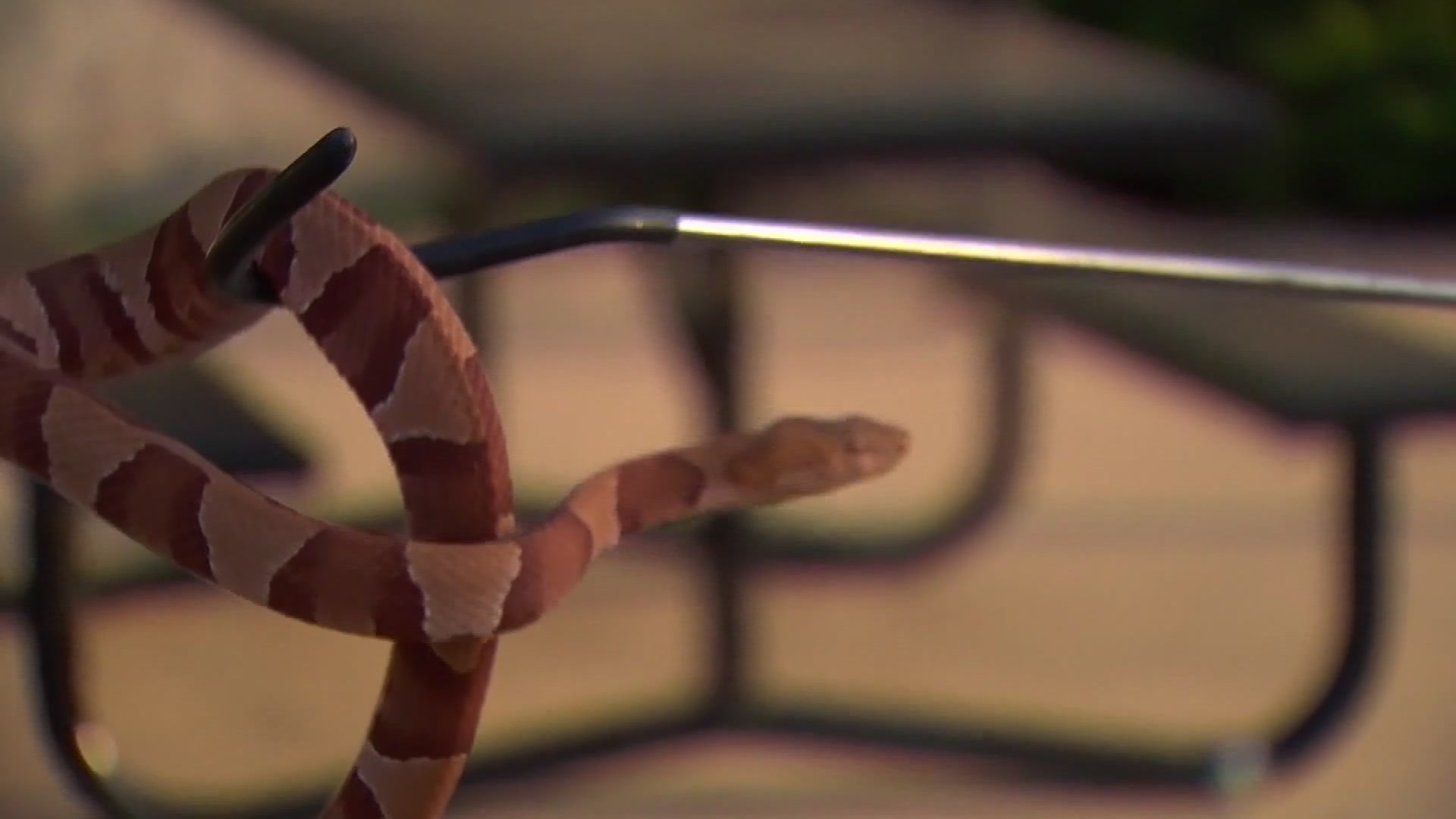Animal rights activists are pushing to get records from Texas A&M University over dozens of cats and dogs undergoing lab testing.
But the school, backed by a legal opinion from Attorney General Ken Paxton, isn't releasing information that ranges from daily care logs to health records. University officials have declined to comment to the San Antonio Express-News on the testing or Paxton's opinion.
At least 40 people who requested documents received responses from the attorney general's office granting veterinarian-patient privilege and allowing the university to withhold the records.
Activist group Beagle Freedom Project said it has been able to obtain animal research records at other universities. But Paxton's opinion is a unique roadblock in Texas and sets a "terrible precedent" that other Texas schools may use, according to group member Jeremy Beckham.
The school reported last year using 428 dogs and 15 cats for research. In 2009, Texas A&M said three-fourths of tests done on 82 dogs produced some "pain or distress," according to the U.S. Department of Agriculture.
Without the individual care and health logs of animals, activists say that it's impossible to know how invasive each test may be.
Paxton's opinion states that, "A veterinarian may not violate the confidential relationship between the veterinarian and the veterinarian's client" and that there must be written authorization from the client before such information can be released. The opinion notes that state law defines a "client" as "owner or other caretaker of the animal."
Local
The latest news from around North Texas.
If Texas A&M owns the animals, then the law cited in the attorney general's opinion shouldn't apply because they work for the university, according to Houston-based open records lawyer Joseph Larsen. He said that the law only applies to veterinarians who see animals that are owned by someone else.



